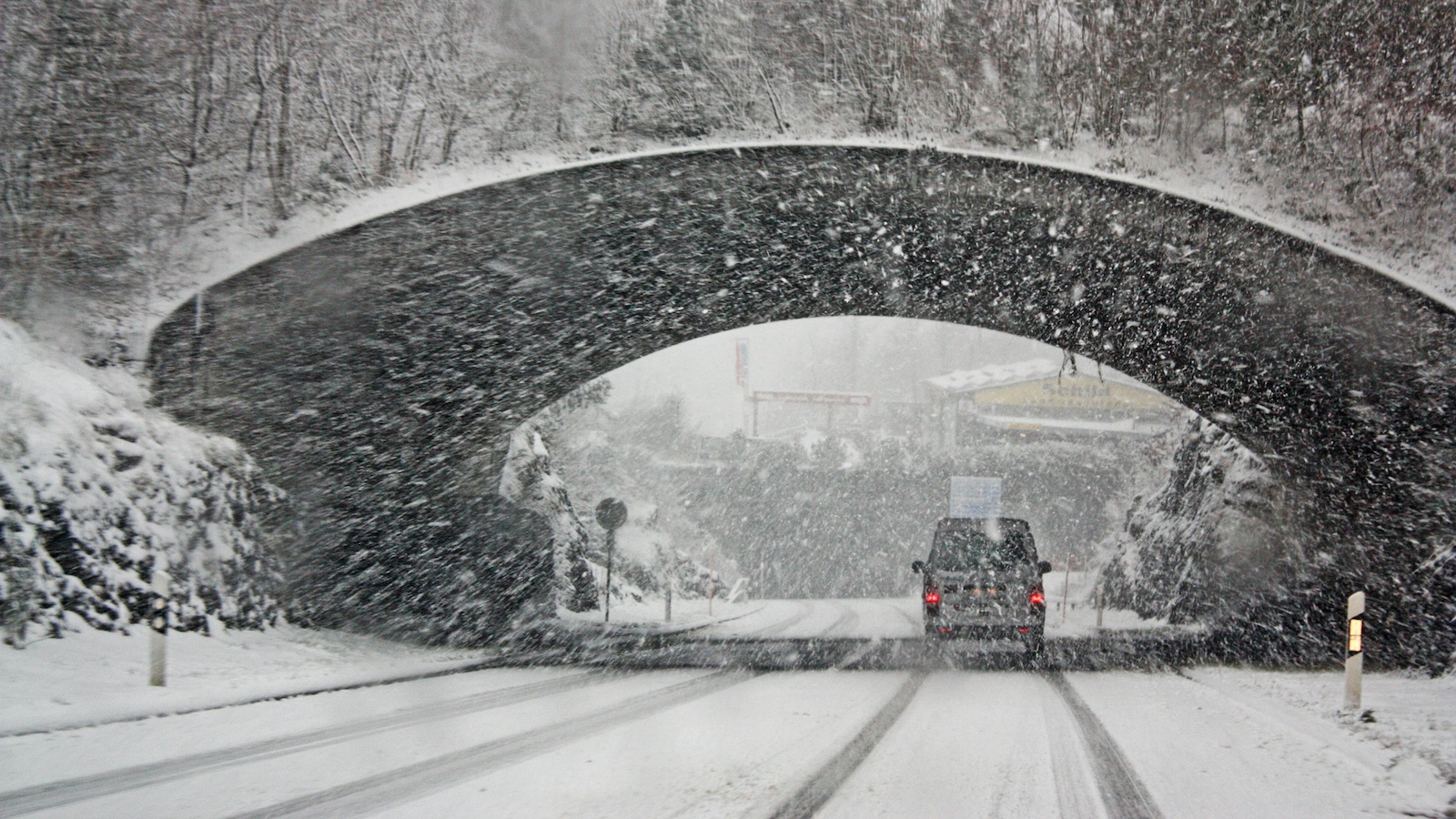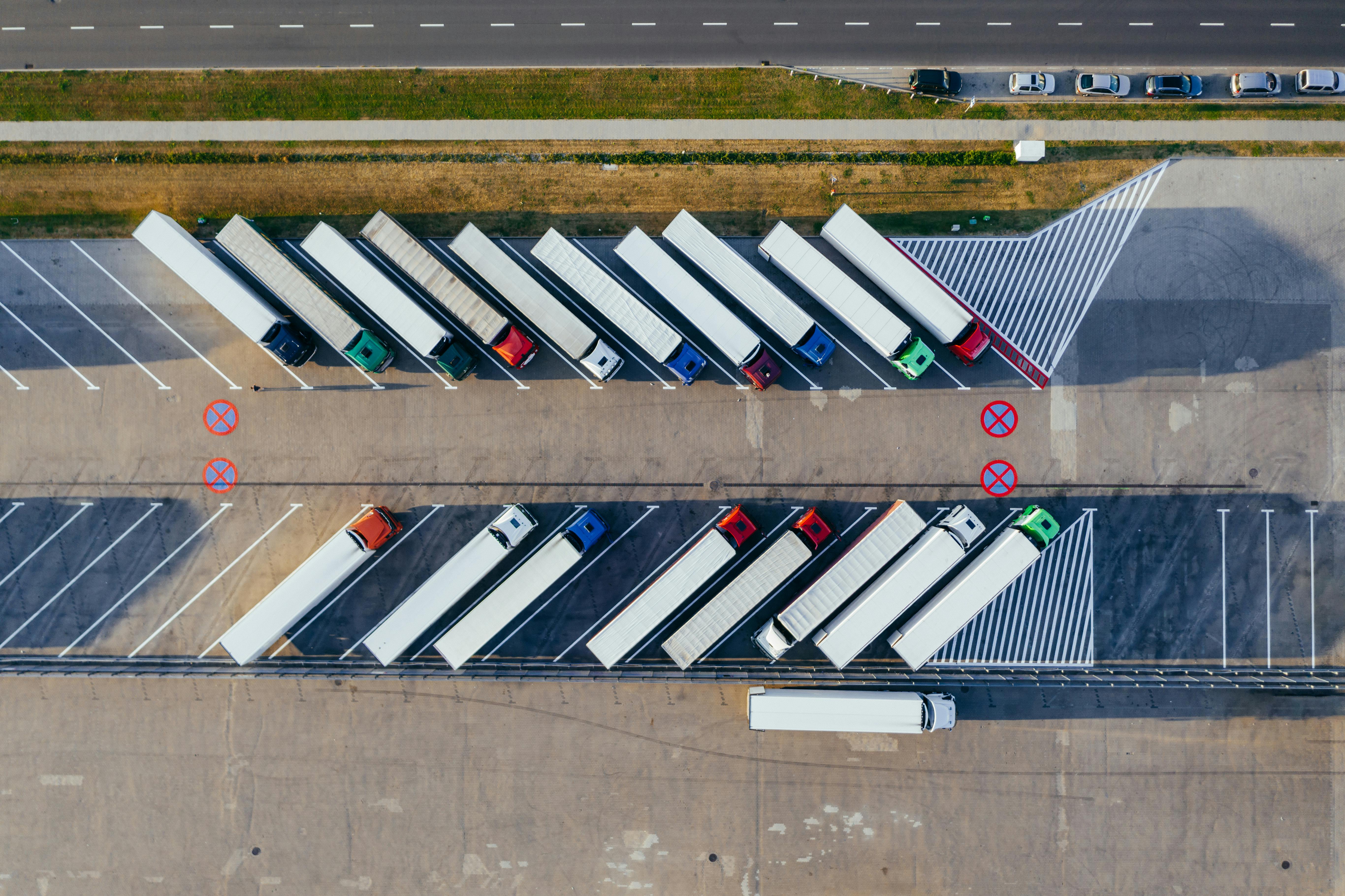The black box used for telematics makes it possible for insurers to enrich their auto insurance value proposition by adding services built upon data. These services represent a way of de-commoditizing the car insurance policy and are also a source of income. In the medium/long term, such services will become more and more important as the risks covered by car insurance decrease because of technological progress on security and connected cars. These services also increase the number of interactions with the client, creating a richer connection and improving customer satisfaction. This is true both for Italy and at an international level.
There are three macro categories when it comes to services:
- Informational services related to the UBI (usage-based insurance) policy, typically delivered through a smartphone app or a dedicated area on a website. These services concern: quantification of pricing adjustment at the moment of the contract renewal based on previous driving behavior; coaching and advice regarding the style of driving; advice on how to save more while behind the wheel; "gamification" that allows a comparison of one's own driving style with that of friends. A Canada-based company called Intact and Discovery, which is based in South Africa, can be considered among the most advanced examples that currently use this type of approach. According to recent data made available by a telematics service provider, four out of five clients owning a telematics insurance policy check put their driver score at least once a month. Furthermore, there is evidence that remote coaching programs can lead to concrete results in modifying driving behavior.
- Product offers related to the client's automobile -- like Discovery has done in South Africa with the Tires or like Allstate Rewards -- or insurance policies sold "on the go" using data collected from the boxes installed on cars (a process known as reverse geocoding). Tokio Marine (Japan-based) and telephone operator NTT Docomo have shown that impulse "cross-selling" of low-value insurance coverage is a valid approach.
- Services related to the customer journey in a connected car.
There is a vast array of services that can be developed within the connected car ecosystem, and the technology is moving fast. There are start-ups and innovative business models popping up everywhere around the world. To cite just a recent Italian example, there is WoW -- a digital wallet created by CheBanca! -- which has integrated a parking payment service called Smarticket.it.
Services could be observed on three stages of the customer journey:
- While behind the wheel. Services include bad weather alert, speeding alert, dedicated concierge and even an alert that is activated if the car leaves a pre-defined "safe area" (family "control" options for young or old members of the family). Discovery's approach in this field is highly relevant and includes an anti-theft service that signals to the client if the driver has a different driving style compared with the usual one;
- In case of an incident. Here the Italian market is considered to be an international best practice because of how it has perfected the usage of telematics data to manage services. Many companies here have invested in creating a valuable customer experience by involving partners specialized in assistance. The solutions provided in case of an incident start with contacting the client and -- depending on the gravity of the event -- continue with sending help directly and taking care of all the logistic and case management problems that can arise. Innovation is now focusing more on simplifying the FNOL (first notice of loss) procedure. One such example is Ania, Italian Association of Insurers, which has announced for 2016 the launch of an app for FNOL.
- While the car is parked. Beyond locating and recovering the car in case of theft, the blackbox can send alerts when the vehicle is moved or damaged in any way. This also allows a driver to locate a parked vehicle. There are three Italian companies - TUA, Cattolica and Cargeas - that have recently launched innovative value propositions for parked cars. One of the best practices is the street sweeping alert by Metromile.
In this new service ecosystem, insurers will find themselves forced to co-compete (that is collaborate and compete) with different actors that are active in the connected car sector.
Italy is at the moment one of the most advanced countries in terms of service development connected to telematics; they have become mainstream, not just a niche. At the end of 2014, telematics represented 15% of motor insurance sales and renewals in Italy, reaching 30% in some regions, as underlined by a recent analysis by IVASS.
This creates the perfect conditions for the consolidation of approaches driven by insurance companies.








